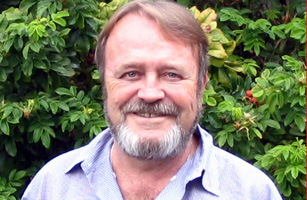Moderatedrinking.com is a US-based online program run by Dr. Reid Hester with funding from theNational Institute of Alcohol Abuse and Alcoholism. Further information about Dr. Hester was not available on this website, but it is understood that he is a researcher and clinical psychologist who has worked extensively in the field of alcohol dependency and abuse.

Assistance for Moderate Drinking Problems
The website is designed for individuals who are concerned about their drinking and are seeking assistance in a way that they can self manage. It is designed for people who are not considered alcohol dependent, but rather for those who have a mild to moderate drinking problem. The site comprises of a number of areas, including a members only section. The publicly accessible sections on the site have some general information regarding the program, drinking issues and a self-assessment.
Moderate Drinking Fees
The basic design of the website is for users to register and pay a fee of $59 USD for 1 year or $19.95 USD per month. This will then grant access to the program details, tools, surveys and other information. It also will be the space where users can set goals, review their progress and manage feedback they give and receive from the site. Regular updates are also given to members on their progress and recommendations for other ways to manage their drinking.
Drinking Assessment
The website has a pre-registration assessment for individuals to complete regarding their drinking behavior. Based on the answers a user gives, the assessment will give a rating for follow up and in most (if not all) cases, a recommendation to sign up to the site. This evaluation questionnaire consists of 24 questions relating to general alcohol consumption, for example:
Do you ever feel guilty about your drinking?
Do you drink before noon often?
Self Help Commitment Needed
Because the site is designed as a self-help tool, there is a basic level of control and commitment that the user has to have for it to succeed. The initial assessment requires the individual to have a high level of honesty when responding as no external assessment is conducted. This could cause some bias with what tools, steps and feedback is given. Users can also decide what level of change they believe is suitable to their situation, for example, if they want to abstain or just reduce alcohol consumption.










